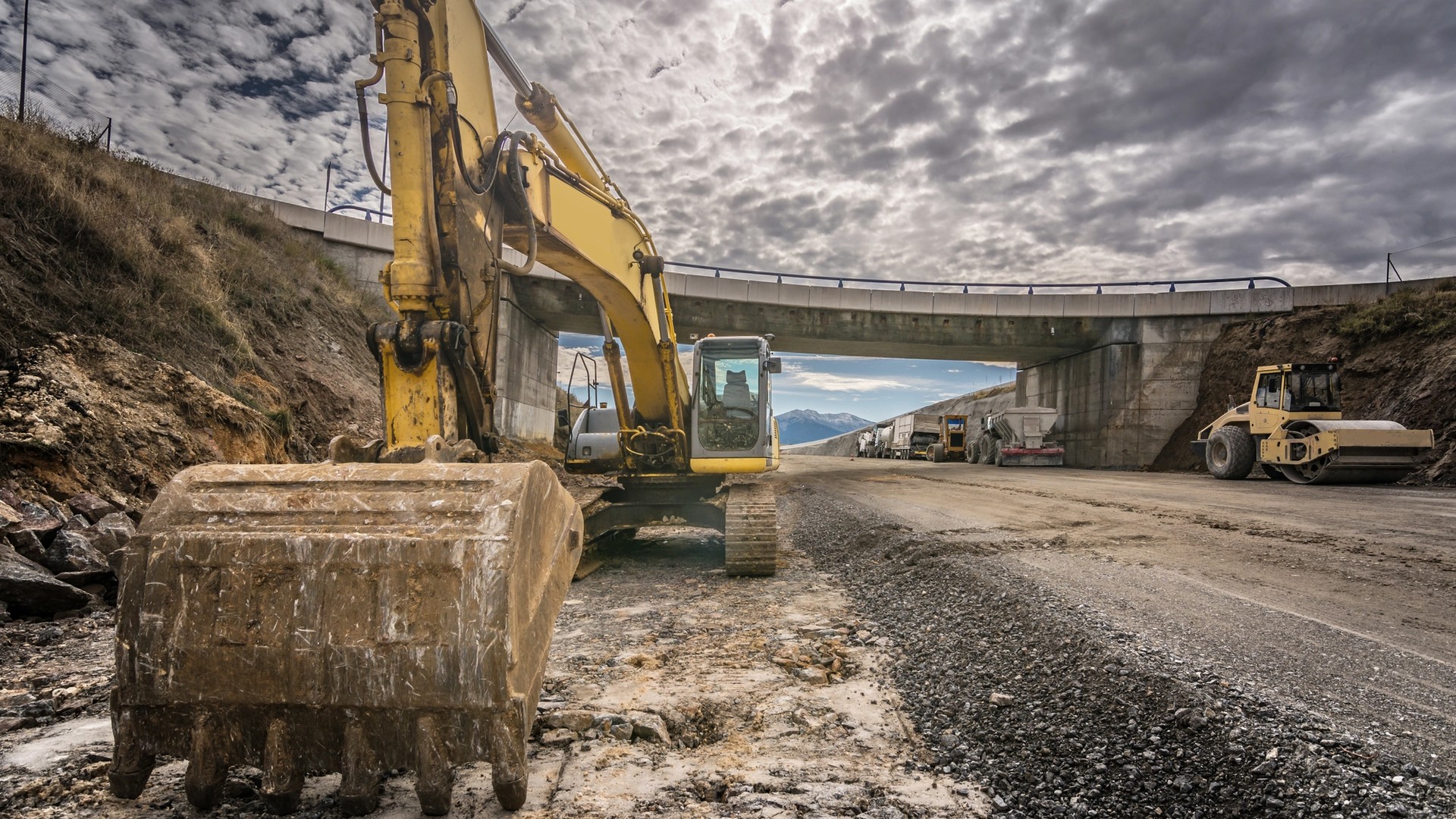
Top 5 Types Of Construction Insurance To Protect Your Business
·
6 minute read
As a construction company owner, there will be multiple times in your career when you need to protect your crew, assets, and business itself. Construction insurance can provide that protection from financial and legal risks. Contractors typically purchase this type of insurance when they:
- Apply or renew their state construction licenses
- Sign construction contracts or bid on a project
- Acquire substantial assets
- Multiple people rely on the business for their sole source of income
There are many different types of insurance that contractors can purchase; and the larger your company, the more robust your insurance program is likely to be.

Get insurance to cover any type of contractor
Get a free quote in 5 minutes.
That being said, there are basic insurance policies that almost every construction company will need, whether it’s in the beginning stages of growth or running a nationwide operation. Here are the five essential types of construction insurance to protect your business:
Construction General Liability
The commercial general liability (CGL) policy is the most common policy purchased by construction companies. If your customer has any insurance requirements, you can be rest assured that general liability will be on their list.
This policy covers you against lawsuits alleging that you harmed someone's property or caused injury to someone (non-employee). CGL isn't just insurance for construction sites; it can cover problems that arise out of issues with the work that you completed (e.g. faulty wiring causing a fire), as well as protect you from issues that occur during the construction project.
Contractor Tools & Equipment
While it varies based on their specialties, contractors often have significant money tied up in tools that travel to different job sites and live in work vans.
Contractor tools and equipment insurance covers miscellaneous tools and equipment as they are transported from job site to job site.
This policy isn't just limited to hand tools; it can also cover heavy equipment, such as bulldozers, or even building materials that have yet to be installed (HVAC systems, lumber, expensive stone, etc.).
Workers Compensation
Workers compensation covers injuries that happen to your employees while employed by your company. This coverage doesn't require you to be found partially responsible for causing the injury—if the employee is injured while on the clock, workers compensation insurance pays for medical bills and some lost wages.
LandesBlosch Tip: Workers compensation is oftentimes the largest insurance expense for construction companies. It is important to prioritize employee safety to keep your experience modifier low. For more information about what an experience modifier is and how to manage your workers compensation costs, check out our article, "Workers Compensation Experience Modifiers: What You Need
To Know."
Commercial Auto Liability
If your construction business has company-owned vehicles, you will need a commercial auto liability policy to cover your liability arising from at-fault accidents or damage to your vehicles.
As a business owner, you should consider carrying higher liability limits than you normally would carry as an individual. Companies are a target for large lawsuits, and typically company-owned vehicles are trucks or vans—their sheer size increases the potential severity of an auto accident.
Additionally, let’s suppose you need to purchase a contractors umbrella policy (a common insurance policy that increases your liability insurance limits). In this case, you will need $1,000,000 in auto liability before you can purchase the additional limits that a contractor's umbrella policy will provide. If you know you have a large project coming up with strict construction insurance policy requirements, it will save you time to purchase the $1,000,000 in auto liability upfront, instead of trying to increase your policy mid-year.
Surety Or License Bonds
In the construction industry, many contractors need to purchase a bond of some type, which is usually a surety or license bond.
Although not technically an insurance policy (since you have to reimburse the bonding company after they pay on your behalf), it is usually purchased through your insurance provider.
A bond is simply a financial guarantee that you will follow through on a contractual agreement. Many times, this refers to completing a construction project. If you cannot complete your obligation (most commonly due to bankruptcy), the insurance company will pay to complete the portion of work you are responsible for.
Interested in a more in-depth description of construction insurance policies and best practices for setting one up? Check out our article, "Construction Insurance: Everything You Need To Know."
Summary
Insurance policies for construction projects will be easier to obtain if you understand what the policies do and the basics of what you need. If you are a large construction company or working on very large projects, you will most likely run into additional policies not included on this list; but for most, this list will offer a basic roadmap of what insurance you need.
If you have any questions about construction insurance or would like more information on how to get started, let us know by selecting whether you’d like a call or want an online quote!
About The Author: Austin Landes, CIC
Austin is an experienced Commercial Risk Advisor specializing in and leading LandesBlosch's design professional, real estate, and construction teams.
